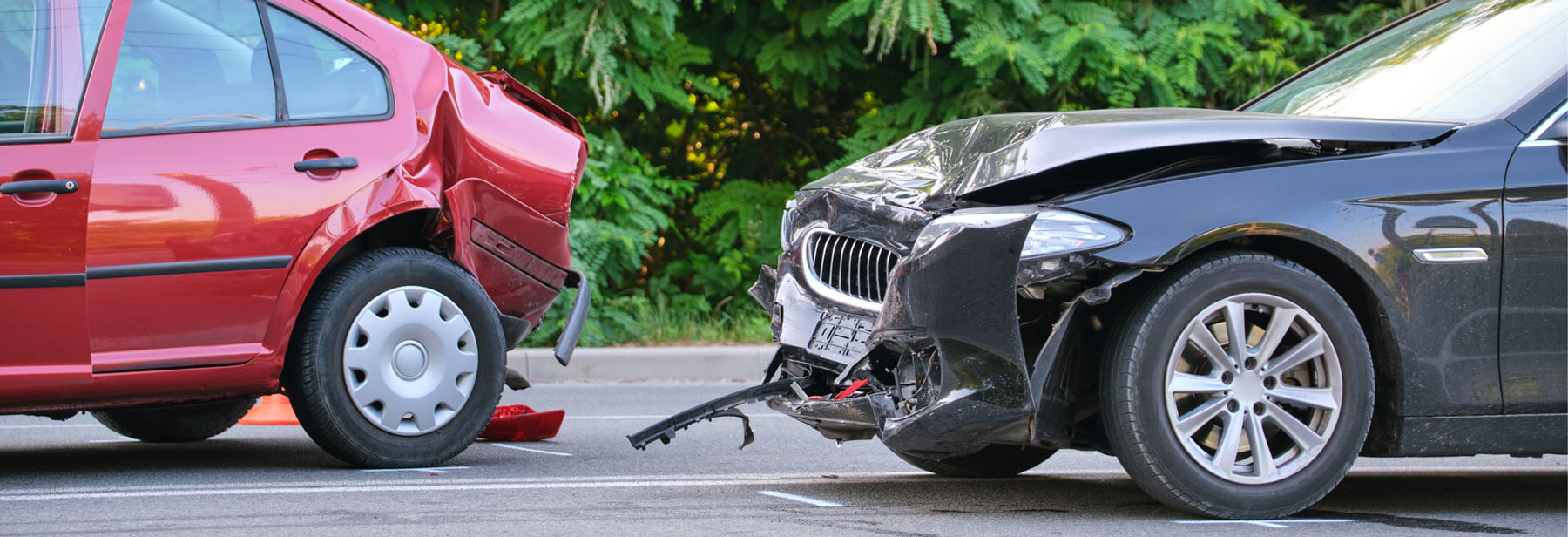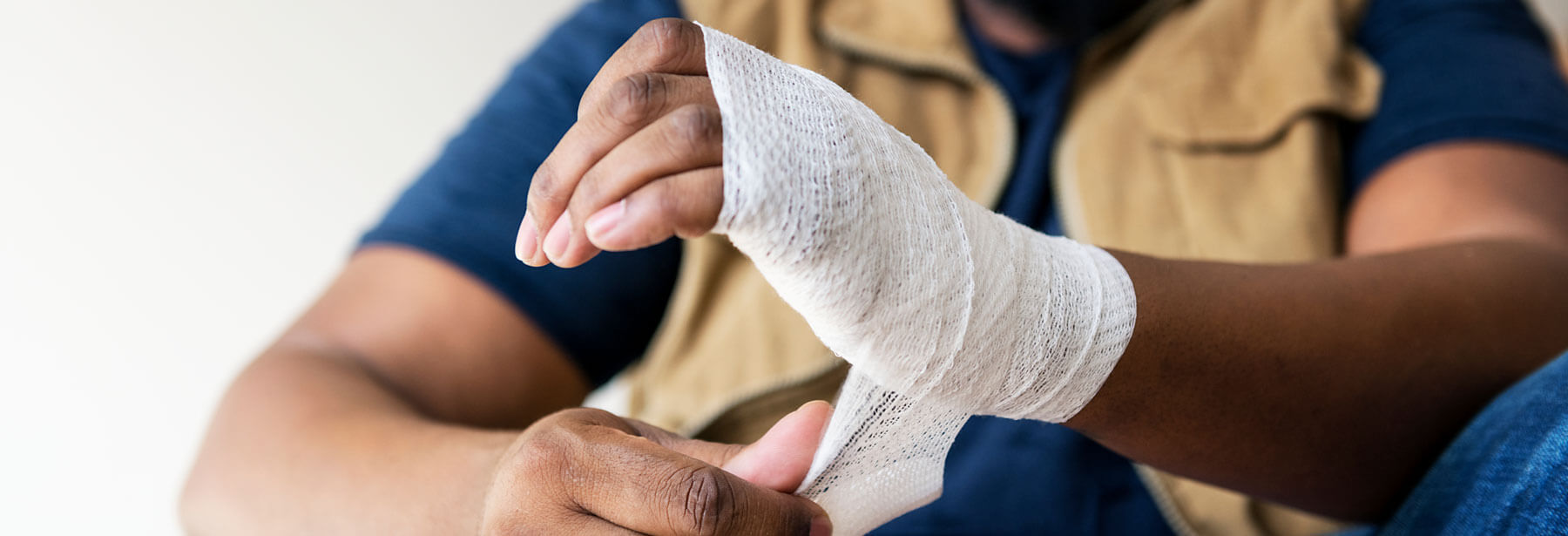Welcome to McIntyre Law's legal resource library
It can be hard figuring out what to do after you've been injured. As personal injury attorneys, we've dedicated our lives to understanding this process and fighting for those who have been wrongfully injured.
Along the way, we've used our knowledge to put together resources that can help keep people informed about their rights and prevent others from being injured in the first place.
You can refer to information if you or someone you love has been harmed or injured. If you'd like to speak with one of our attorneys about your situation, you can always contact us.
Search resources by keyword:
Browse resources by type:
Traffic accident resources

Learn the most common causes of vehicle crashes, the types of injuries that are typically sustained, and what the expected recovery times are. You’ll also find tips on avoiding accidents and maximizing your safety on the road.
Medical malpractice resources

Navigating the medical system isn't easy, especially when something goes wrong or a mistake is made. The following information will teach you more about the most common types of medical malpractice, who is generally at fault and what you can do if you've been harmed.
Personal injury resources

Our resources on personal injury will help you understand what to do if you've been injured due to negligence, as well what to expect during recovery. Knowing the long-term consequences of your injury is essential as you explore your legal rights.